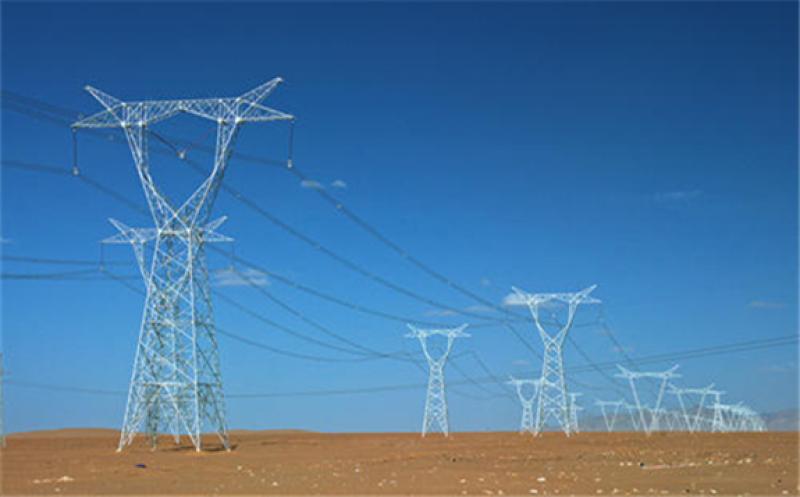Wholesale electricity prices on the Japan electric power exchange (Jepx) increased last week as lower power generation capacity discouraged major utilities from selling their excess supply on the exchange.

This improved theoretical generation economics of the country's thermal power plants, with spark spreads for even low-efficiency 49pc oil-linked LNG-fed units in positive territory for six days, which resulted in an average profit of ¥512/MWh ($4.85/MWh) on 5-11 October.
A 44pc-efficient coal-fired power plant saw the largest margin during Monday-Sunday last week, with the dark spread averaging ¥2,086/MWh, based on Jepx prices and Argus spot coal and freight assessments. This was ¥686/MWh higher than those for a 58pc-efficient LNG-fired plant over the period, based on Argus ANEA spot assessments.
Jepx system-wide prices for day-ahead contracts in nine service areas excluding Okinawa, averaged ¥4.92/kWh over 5-11 October, up by 13.3pc from a week earlier. Day-ahead prices cleared at ¥5.59/kWh for Monday and ¥5.11/kWh for Tuesday, above last week's average.
Day-ahead prices in the six western areas where the grid runs at 60 hertz (Hz), averaged ¥5.7/kWh on 5-11 October, up by 19.6pc on the week. The increase was larger than a 5.3pc rise in the three eastern areas, which ran at 50 Hz, to ¥4.53/kWh. More power output capacity may have fallen in the west of Japan, while persistent hot weather sustained electricity demand for cooling purposes.
Supply on Jepx fell by 3.8pc on the week to 7,078 GWh for 5-11 October, while solar, nuclear and thermal power output apparently fell during the period. Total traded volumes dropped by 1.6pc to 5,767 GWh, although buying demand edged up by 0.1pc to 6,993 GWh during the period.
Large parts of Japan experienced shorter-than-usual sunlight hours last week, in light of Typhoon Chan-hom. This resulted in lower solar power generation, especially in western Japan that had 6,059MW of solar power capacity as of June, compared with 4,795MW in eastern areas.
Nuclear power capacity available for commercial use fell to 2,360MW on 7 October, when Kansai Electric Power's 870MW Takahama No.4 reactor in western Japan's Fukui prefecture shut down for installation of counter-terrorism measures.
Japan's thermal power generation capacity also fell by 606MW during the week to 11 October. Around 1.1GW of gas-fired and 1.3GW of coal-fired capacity shut for regular maintenance, while about 1.2GW of gas-fired and 600MW of oil-fired capacity were brought back on line after planned maintenance.
Thermal capacity is expected to fall further this week, down by 2.9GW. Around 4.3GW of gas-fired, 650MW of oil-fired and 371MW of coal-fired plants will be shut for turnarounds in the week to 18 October, while about 846MW of coal-fired, 806MW of gas-fired and 800MW of oil-fired power plants will be brought back on line after maintenance during the week.
Electricity demand in Japan's 10 areas edged up by 0.7pc on the week to an average of 89GW on 5-11 October, according to power agency the organisation for cross-regional co-ordination of transmission operators. Temperatures have fallen over the week. But several cities, especially in western Japan, continued to experience temperatures above 25°C, which bolstered demand for air-conditioning.
Electricity futures contracts on the Tokyo commodity exchange (Tocom) also fell last week, with traded volumes declining by 90.8pc on the week to 94.8MWh during 5-9 October.
Tocom deals for eastern Japan in November traded at ¥5.59/kWh for base-load and ¥6.39/kWh for peak-load on 8 October. The values were below the ¥9.03/kWh and ¥10.11/kWh at which Jepx Tokyo area delivered for base and peak hours respectively in November last year.
The German-based European Energy Exchange (EEX) concluded 3.6GWh of Tokyo base-load for November at ¥5.6/kWh on 8 October, similar to the Tocom value for November, through its clearing services.
EEX also cleared 8.184GWh of Tokyo base-load for December at ¥6.85/kWh on 6-7 October. This was down from the ¥8.71/kWh for Jepx's average of Tokyo base-load December last year.
Forward prices for oil-linked LNG and coal for December are trading at lower levels against a year earlier, despite a forecast of a La Niña weather event occurring during winter, which may have capped gains in power futures contract prices.
The most recent oil-linked Japan LNG price for December 2020 was last assessed at $6.13/mn Btu, compared with $9.99/mn Btu expired last year. The Argus Newcastle coal 6,000 kcal/kg forward curve has December 2020 at $58.15/t, while the prompt December 2019 contract averaged $65.77/t.
But ANEA LNG delivered prices for December 2020 contract was last assessed at $5.65/mn Btu, higher than $5.35/mn Btu expired in December last year.
This article is reproduced at www.argusmedia.com